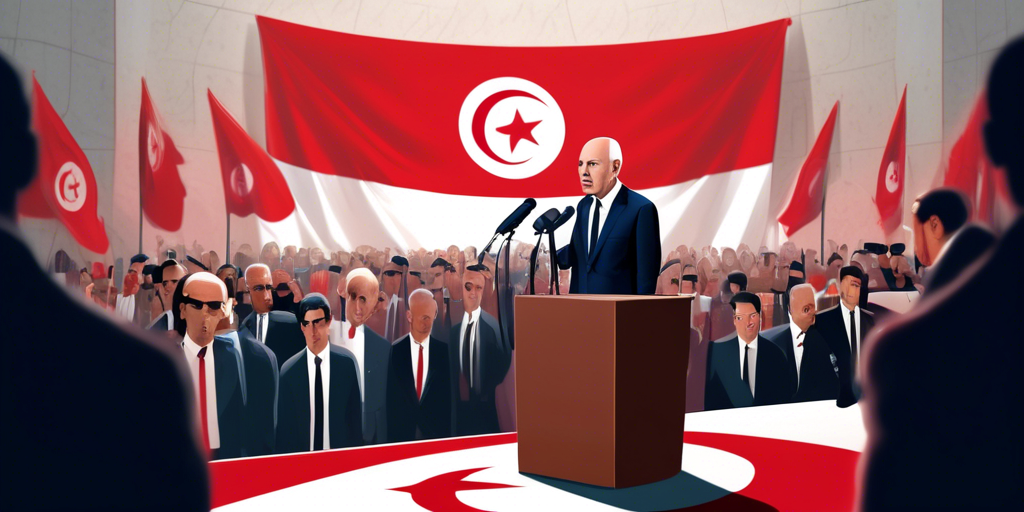Tunisia remains in the spotlight in 2025, as Tunisia navigates political turbulence under President Kais Saied. The governance landscape in Tunisia has shifted significantly, raising questions about democracy, international cooperation, and the country’s future. As global attention focuses on Tunisia, its internal reforms and foreign partnerships are under scrutiny.
🎯 President Kais Saied’s Controversial Rule
President Kais Saied, who has led Tunisia since 2019, continues to consolidate power. Nearly four years after dissolving parliament and embarking on one-man rule, Saied’s administration faces criticism for restricting political freedoms. Human rights organizations report growing repression of opposition, journalists, and civil society groups.
Saied’s supporters argue that the president’s measures are necessary to restore stability and fight corruption. However, critics warn that Tunisia’s democratic achievements since the Arab Spring are at risk. International observers remain concerned about the erosion of judicial independence and increased executive authority.
🚀 Tunisia on the International Stage
Despite domestic challenges, Tunisia is pursuing active diplomatic relations in 2025. The country recently strengthened ties with Oman by announcing a joint action plan targeting cooperation in trade, tourism, and education. This agreement aims to foster economic growth and boost Tunisia’s global profile.
The United States and other Western nations continue to monitor Tunisia’s development closely. Recent high-level visits, such as those by U.S. officials to North Africa, highlight the strategic importance of Tunisia in regional security and economic partnerships. Tunisia’s stability is vital for broader Mediterranean and African interests.
📊 Sports and Cultural Developments
Tunisia’s presence is also felt in sports and culture. The national women’s soccer team competed in the 2025 Women’s Africa Cup of Nations (WAFCON), showcasing talent and determination despite falling to Nigeria in their opening match. Sports events like WAFCON strengthen regional ties and promote Tunisia’s image on the continent.
Meanwhile, Tunisia’s unique cultural heritage continues to attract international travelers. Reports from global travelers highlight Tunisia as a destination with vibrant traditions, ancient ruins, and diverse landscapes. Such recognition is crucial for the country’s tourism industry, which remains a key sector in its economy.
⚠️ Looking Ahead
As 2025 unfolds, the future of Tunisia hangs in the balance. The government’s approach to governance, ongoing partnership with foreign allies, and engagement in sports and tourism will shape the country’s path. Public debates over democracy and civil rights are intensifying, and regional observers are watching closely for signs of change.
Tunisia’s challenges and opportunities remain intertwined. The coming months will be decisive for its political stability and international reputation. Citizens and global partners hope for progress toward inclusive governance and sustained growth.
Gostou de saber mais sobre Tunisia? Seus amigos também podem se interessar. Compartilhe com eles agora mesmo!
